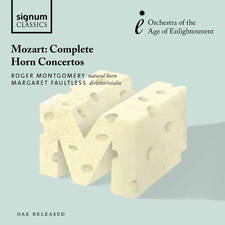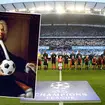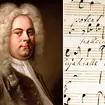Handel: 15 facts about the great composer
George Frideric Handel, one of the Baroque era's greatest composers, led a passionate, eventful and occasionally tragic life - but how much do you really know?
-
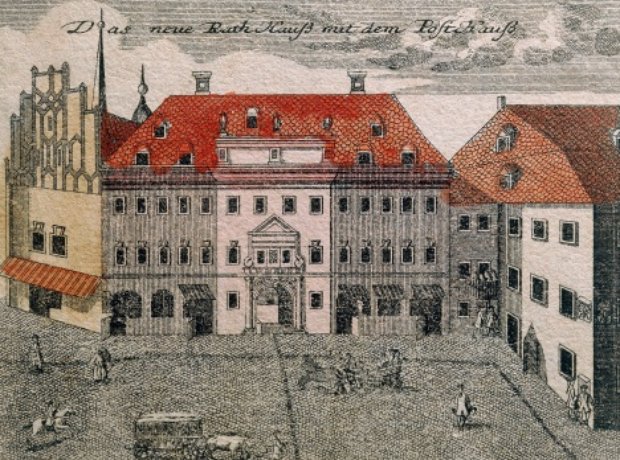
1. When and where was Handel born?
George Frideric Handel was born on the 23rd of February 1685, the same year as Bach, in Halle. Germany.
-
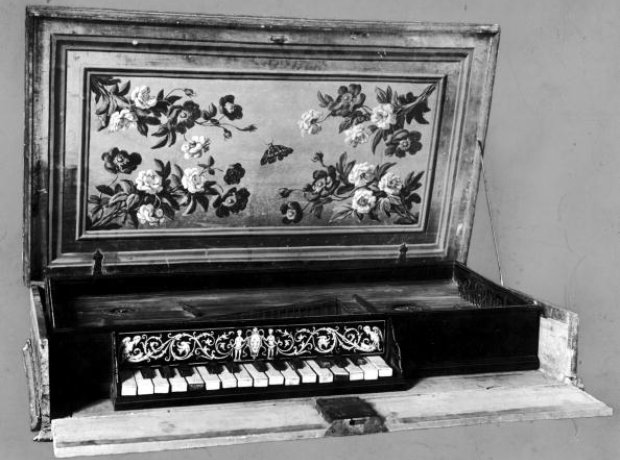
2. Played the clavichord in secret
Handel's lawyer father was not a huge fan of his son's musical ambitions. In fact, when he was a boy, Handel had to sneak to the attic to play a clavichord that had been hidden up there.
-
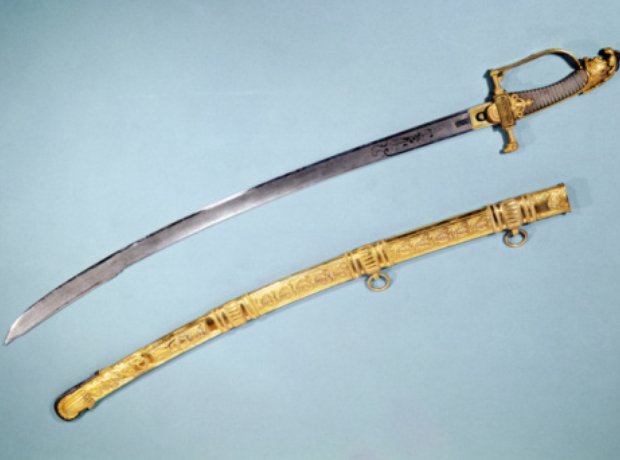
3. Duel with Mattheson
A bizarre incident in 1704 might have seen Handel's composing career cut tragically short after a set-to with fellow composer Johann Mattheson. For reasons apparently unknown, the two had a fierce quarrel in which Mattheson almost killed Handel with his sword, which fortunately struck a button on Handel's chest rather than the chest itself.
-
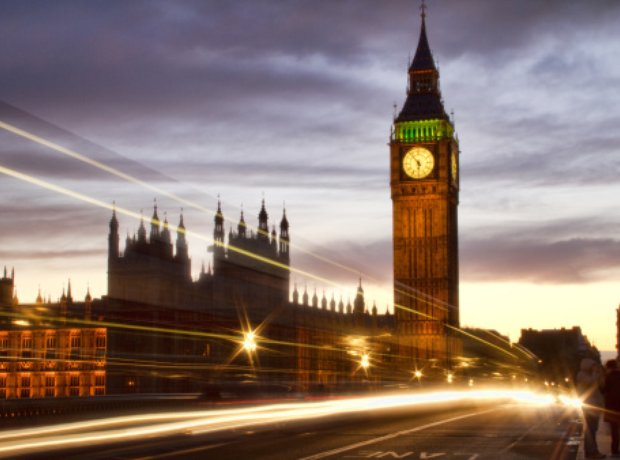
4. London calling
Handel was a hit in London, as evidenced by the very generous salary of £200 he received from Queen Anne when he moved there in 1712.
-
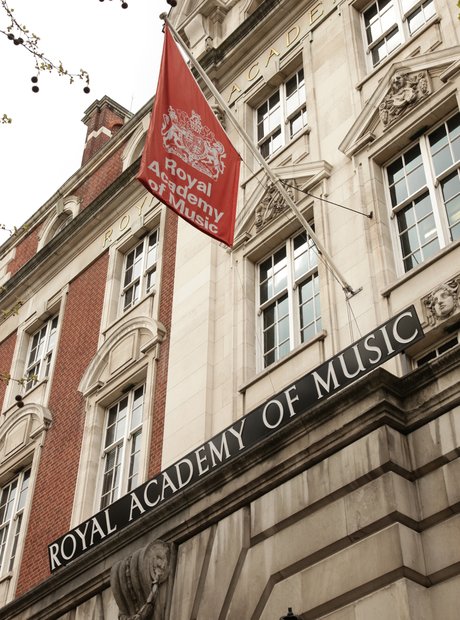
5. Musical director of RAM
Handel's successes in London continued, and he was eventually made the musical director of The Royal Academy of Music.
-
-
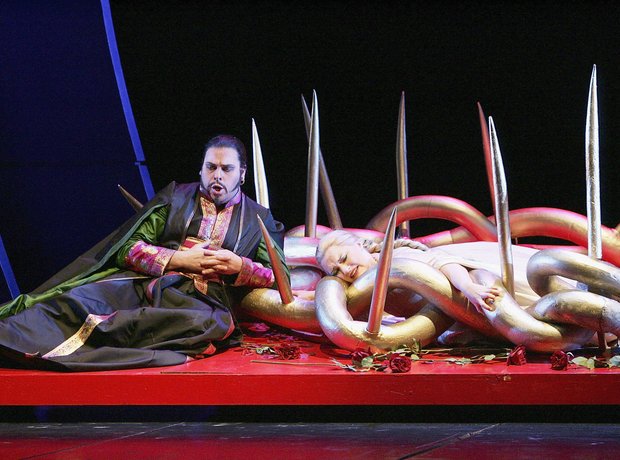
6. Rinaldo - his first London success
in 1711 the London stage was treated to its first ever opera composed specifically for it. The premiere performance of Handel's Rinaldo took place at the Queen's Theatre in Haymarket.
-
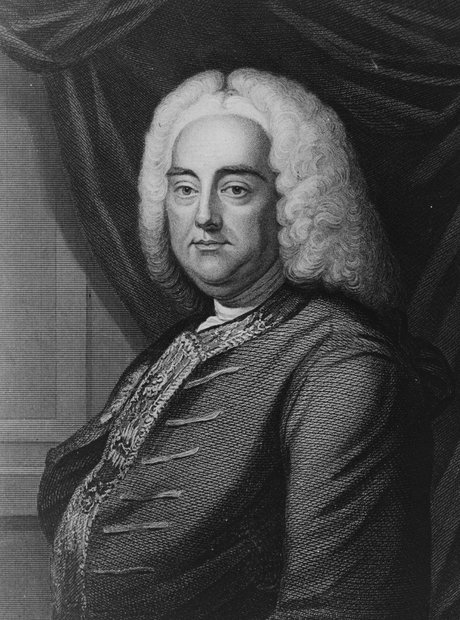
7. Acis and Galatea
His first work in the English language might not be his most well-known, but during his lifetime it was Handel's most popular work by some distance. It even received the honour of a little re-write by none other than Mozart in 1788. Well, if someone has to tinker with it, it may as well be Mozart…
-
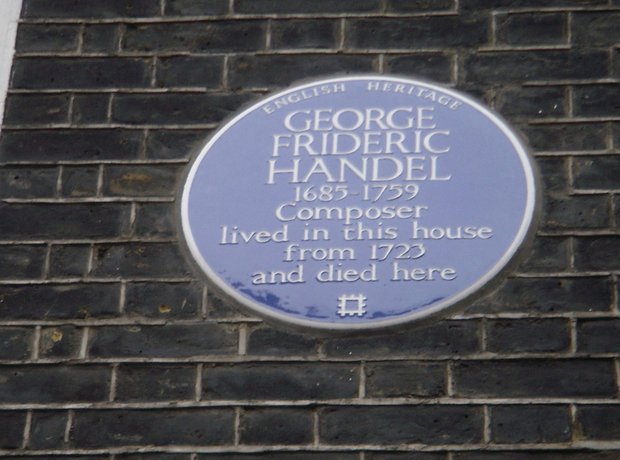
8. Where did Handel live in London?
Even though he was German-born and educated, the Brits like to claim Handel for their own. He was fond of his home in 25 Brook Street, London, and Londoners were equally fond of him, as evidenced by...
-
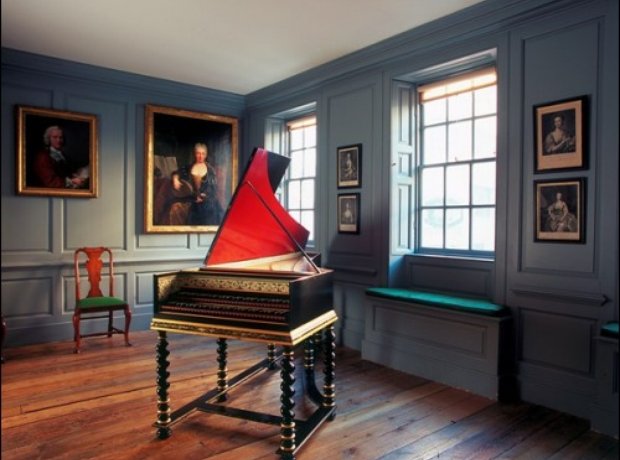
9. Handel House Museum
Slap-bang in the middle of Mayfair is a permanent monument to Handel's life and music - his house. It has been lovingly restored to look exactly how Handel would've kept when he lived there from 1723 until his death in 1759. (© The Handel House Trust Ltd)
-
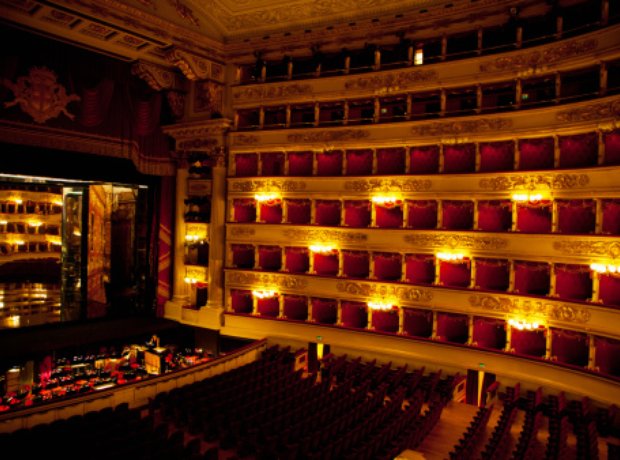
10. Diva strops at the opera
Handel was such a popular opera composer that he was allowed to pick his own leading ladies. However, this perk led to an almighty bust-up between sopranos Faustina Bordoni and Francesca Cuzzoni, two rival singers of the day, who ended up having a scrap on stage during a performance of Bononcini's Astianatte. They both had to be dragged off stage to stop them pulling bits off each other's costumes.
-
-
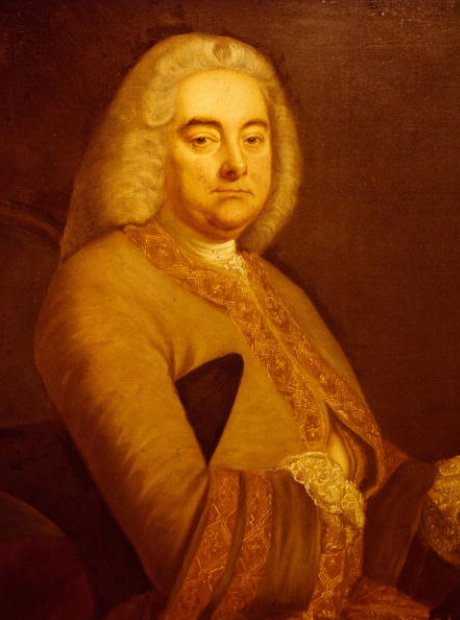
11. Health problems
Some of Handel's biggest and best works were composed in the latter stages of his life. That might not sound too impressive, but then again he did suffer from a stroke in 1737, was involved in a coach crash in 1750 and had cataracts and eventually went blind after a botched eye operation 1751.
-
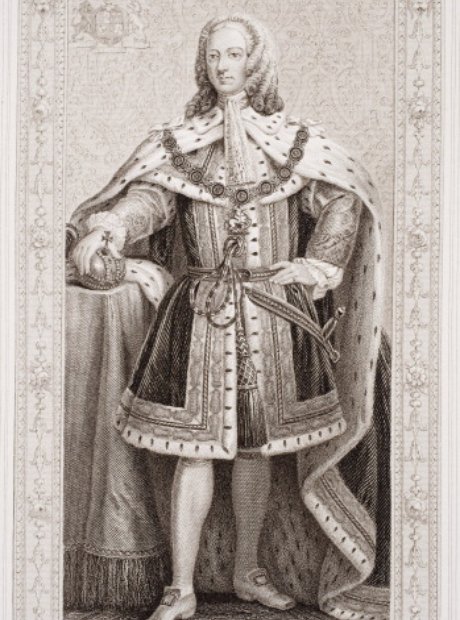
12. Standing to attention
During the first London performance of Handel's Messiah, King George II stood up as soon as the Hallelujah chorus kicked in - after that, it became traditional for audiences to stand for this famous chorus.
-
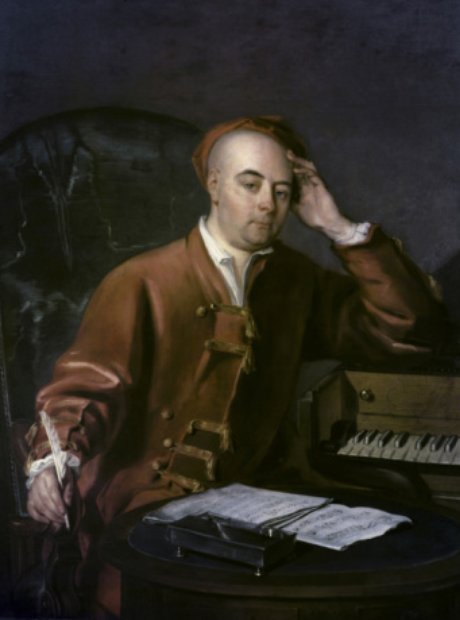
13. His final oratorio
Handel's final oratorio, Jephtha, was a heartbreaking experience for the composer. He was going rapidly blind as he wrote it, eventually leading him to write on the score: "Reached here on 13 February 1751, unable to go on owing to weakening of the sight of my left eye."
-
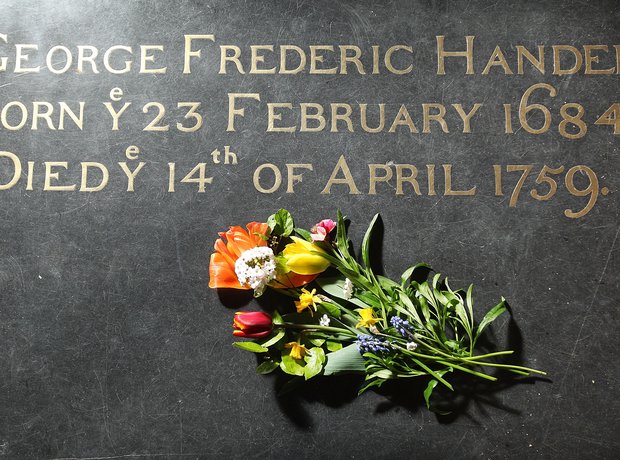
14. 3,000 people attend his funeral
When, after a life of tumult and incredible music, Handel succumbed to his afflictions in 1759, his funeral was attended by 3,000 people and was a huge state affair.
-
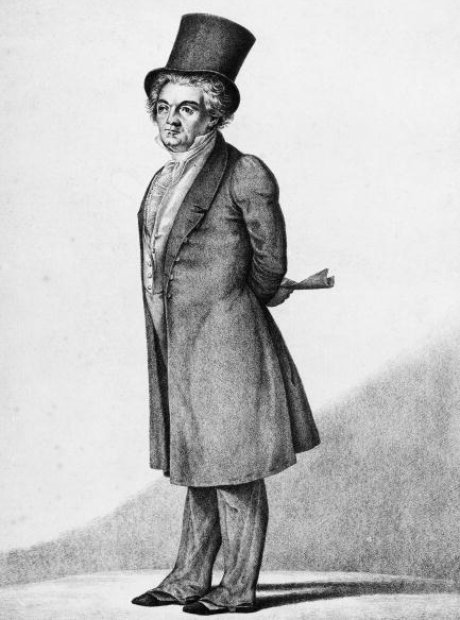
15. Beethoven's tribute to Handel
Praise doesn't come much higher than from Ludwig Van Beethoven, who said of Handel's works: "Go to him to learn how to achieve great effects, by such simple means."
